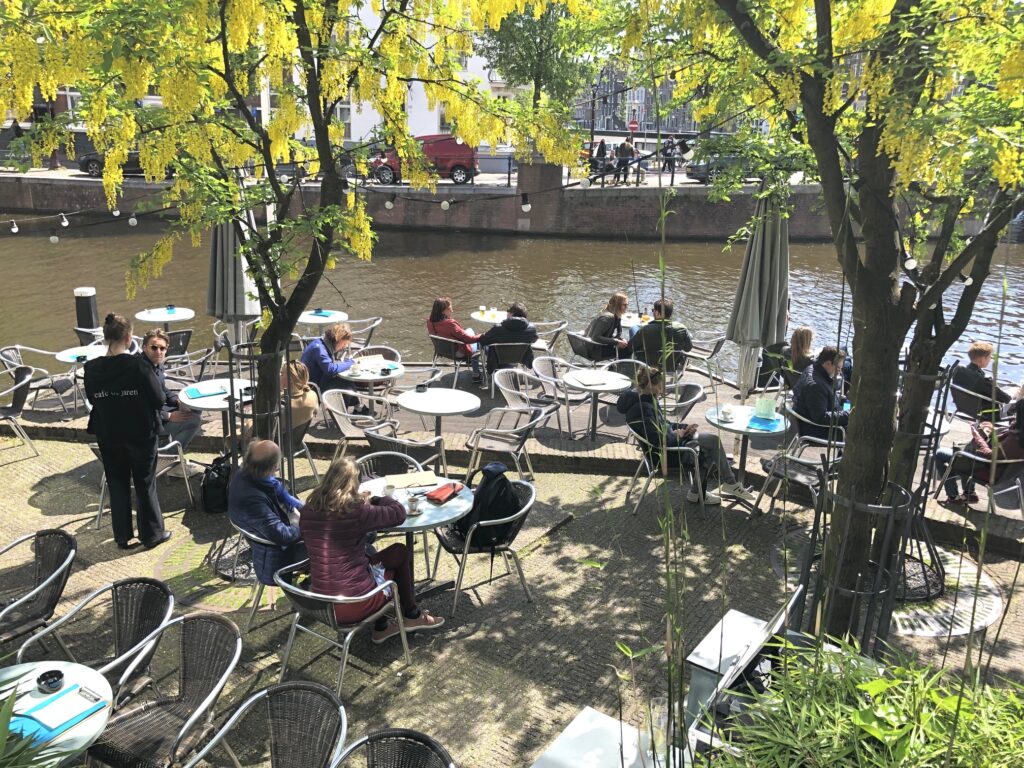 What do you consider your most valuable assets—the things you couldn’t possibly live without? Your mansion? Your yacht? Your sleek electric car? Your family?
What do you consider your most valuable assets—the things you couldn’t possibly live without? Your mansion? Your yacht? Your sleek electric car? Your family?
Surprisingly, the answer is likely none of these. Often overlooked, your most precious assets are your friends—those who stand by you and offer support… sometimes without even realizing the significance of their presence.
Unlike family, friends are the people we choose, and who choose us in return. There are no unwritten obligations, no inheritance disputes—just a bond freely formed. As the Chinese philosopher Mencius said long ago, “Friends are the siblings God never gave us.”
Friendship is built on generosity and understanding. It flourishes through thoughtfulness and mutual support. It is a cousin of love—without the spark and fragility.
In today’s fast-paced world, maintaining friendships can be challenging. As the French saying goes, « Les petits cadeaux entretiennent l’amitié »—small gestures of generosity nurture friendship.
Friends are especially welcome after retirement when you re-enter planet Earth after what felt like a long voyage through outer space. They are there to welcome you, easing your transition into a slower, more grounded way of life. They are like buoys, steadying you as you splash down into a new reality.
Yet, staying connected after retirement isn’t always easy. You must make a genuine effort to reach out to those who, like you, might feel a little disoriented after leaving their workplace.
I regularly have a cup of coffee at a nearby café, whether alone or with company, and I could not help but notice the regulars. The same gray-haired people gather almost daily in the same spot, chatting and celebrating life. It’s a far better way to age than spending hours alone in front of the television.
Being surrounded by friends is like living under the shelter of a benevolent force. The rain may fall, but it will never soak through.
So, if you’re feeling bored, don’t ever hesitate to call a friend for a cup of coffee. And it’s far more valuable to have a few meaningful relationships than a large number of superficial ones.
Get out of your lair and schmooze!
Alain

 In today’s digital age, a website is often the first interaction between a business and its potential customers. Yet, too many sites fail to meet users’ expectations.
In today’s digital age, a website is often the first interaction between a business and its potential customers. Yet, too many sites fail to meet users’ expectations. Yesterday was a bright and sunny day, though a bit nippy in the early morning. But as everyone knows, I’m almost always cold—it’s just normal for me. I feel chilly even when others are warm. My doctor explained that it’s due to anemia, a condition caused by a deficiency of red blood cells. He advised me to eat more red meat to help remedy the issue.
Yesterday was a bright and sunny day, though a bit nippy in the early morning. But as everyone knows, I’m almost always cold—it’s just normal for me. I feel chilly even when others are warm. My doctor explained that it’s due to anemia, a condition caused by a deficiency of red blood cells. He advised me to eat more red meat to help remedy the issue.